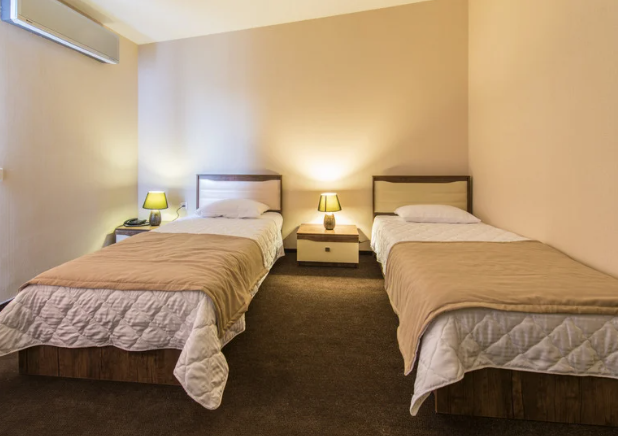Welcome to High Level Housing, a premier men-only sober living home operated under South Shore Sober Living. Located in the heart of Weymouth, MA, this residence provides a structured, supportive, and substance-free environment designed to foster long-term recovery, personal growth, and community reintegration for men committed to sobriety.
At High Level Housing, we understand that a comfortable, safe, and respectful living environment is essential to recovery. Our home is thoughtfully designed to balance personal space with opportunities for connection and accountability. Whether you’re looking for a quiet, private space to reflect or a shared room to build peer support, we offer living arrangements that promote stability, structure, and healing.



At High Level Housing, we believe that a stable and supportive home environment plays a vital role in long-term recovery. Our residence is thoughtfully furnished with the essentials—and comforts—that help create a sense of normalcy, pride, and belonging. Check our the core amenities our residents can expect:
This is a zero-tolerance sober living environment. The use, possession, or presence of drugs or alcohol is strictly prohibited at all times. Residents must submit to random drug and alcohol screenings to ensure the safety and accountability of the entire household.
Recovery doesn't happen in isolation. All residents are required to attend a minimum of three outside recovery meetings per week (AA, NA, SMART Recovery, etc.). Proof of attendance may be requested.
To promote structure and accountability, a house-wide curfew is enforced: 10 PM Sunday-Thursday| 11 PM Friday-Saturday.
Any exceptions must be pre-approved by the house manager.
Residents are expected to be actively working, attending school, or volunteering (unless engaging in a recovery program) within two weeks of moving in. This requirement fosters purpose, independence, and positive routine-building.
Held once a week, these meetings offer space to voice concerns, share progress, resolve conflicts, and strengthen the peer community. Attendance is mandatory unless excused by the house manager.
Each resident is assigned rotating household chores to maintain cleanliness, order, and shared responsibility. Keeping the home clean reflects self-respect and respect for others.
Respect is non-negotiable. All residents are expected to treatment housemates and staff with courtesy, use appropriate language, honor personal boundaries, and contribute to a positive living environment.
For the privacy and safety of all residents, guests are only allowed during designated hours and must be pre-approved by the house manager. They must remain in common areas, and no overnight guests are permitted under any circumstances.
Each day is designed to help residents establish healthy routines, maintain accountability, and continue building their recovery toolkit.


High Level Housing isn’t just a place to live—it’s a place to grow. Residents support one another in accountability, shared experience, and emotional support. Our environment encourages:
Each home is overseen by a live-in House Manager who is in long-term recovery themselves. They ensure the house runs smoothly, enforce guidelines, and serve as a source of support and mentorship.
Additionally, peer mentorship is a key component of High Level Housing. More senior residents are encouraged to support newer ones, share experience, and foster brotherhood within the homes. This peer-driven model helps build confidence and reinforces sober living skills.

Gender-specific housing creates a space free from romantic distractions or social dynamics that may complicate recovery. At High Level Housing, men can openly address the unique struggles they face in addiction and recovery, including anger, emotional suppression, shame, fatherhood, and identity. This environment fosters:
There is no set time limit. Residents may stay as long as they remain committed to their recovery and comply with house expectations.
Visitors are allowed during designated hours and must be approved by the house manager in advance. No overnight guests are permitted.
Yes. Residents are required to seek employment, attend school, or volunteer within two weeks of moving in unless attending treatment.
For the safety of all residents, a relapse will result in immediate discharge. Re-entry may be considered after a period of sobriety and a reassessment.
Residents are responsible for their own groceries and meal preparation, but shared dinners are encouraged to build community.